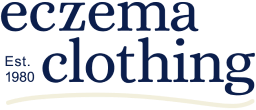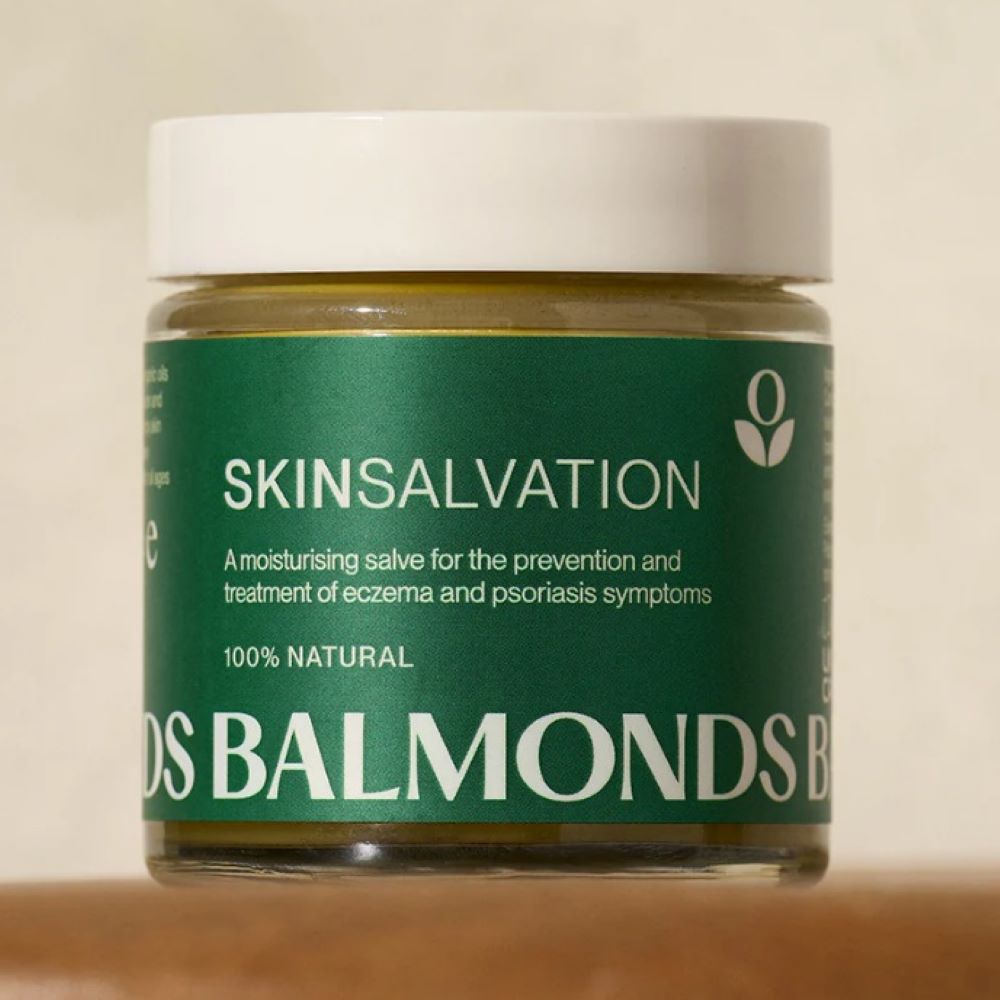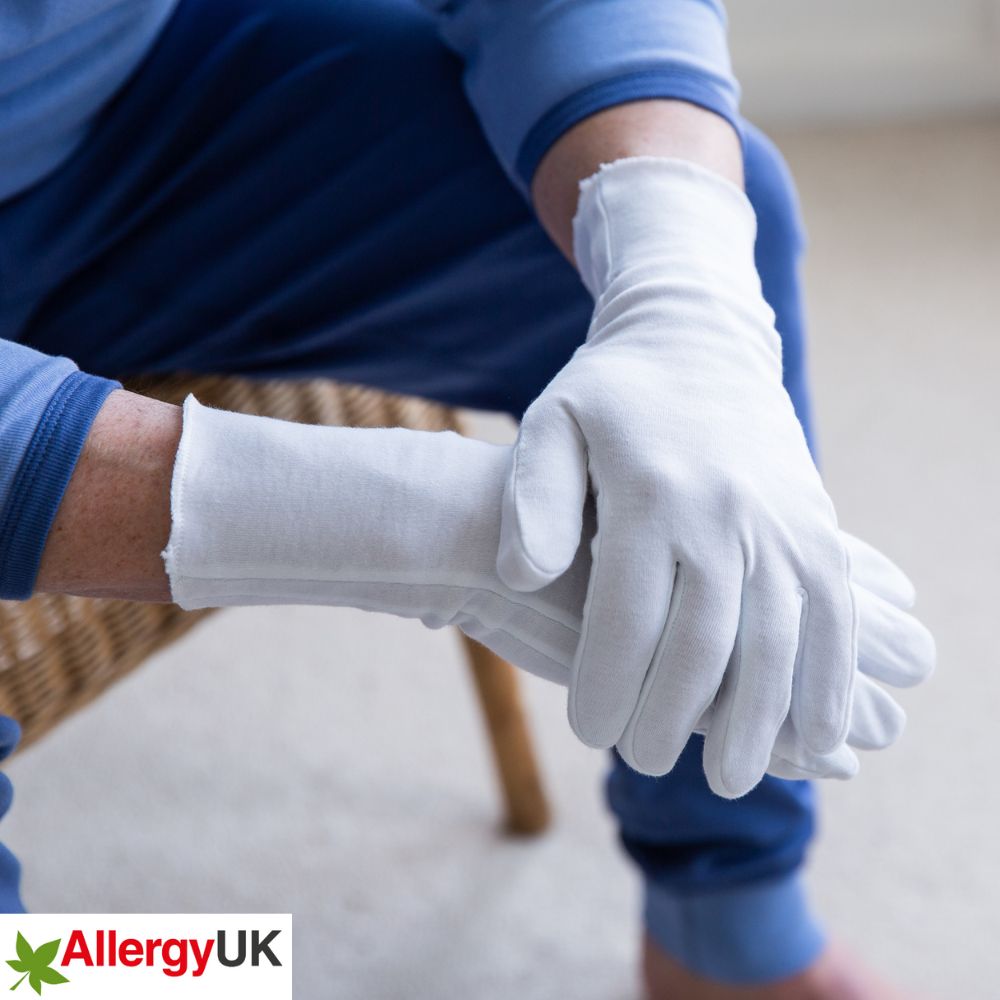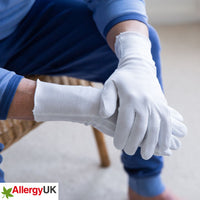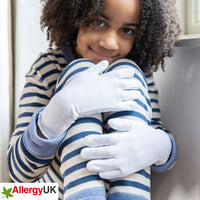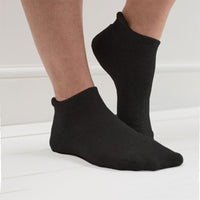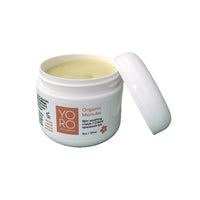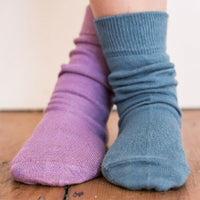allergens to avoid
Aqueous cream – Why is it bad for eczema?
Aqueous Cream BP continues to be widely prescribed to patients with eczema to relieve skin dryness despite research showing that if this is used as a leave-on emollient it causes severe damage and discomfort for those with eczema, it has also been shown to damage the skin barrier of those who have never had atopic eczema.
Aqueous cream was developed as a soap in the 1950's, as a wash product to be washed off.It contains 1% sodium lauryl sulphate (SLS) and this is the ingredient that is known to cause damage to the skin barrier. Aqueous cream should never be used as a leave-on emollient as it is likely to exacerbate rather than improve the eczema.
Emollients play an important part in the daily management of dry skin and eczema – always read the label to ensure you avoid those containing SLS.
https://www.gov.uk/drug-safety-update/aqueous-cream-may-cause-skin-irritation
Avoid products labelled as Antibacterial or Antimicrobial.
There is very little evidence to suggest that the chemicals included in antibacterial hand washes and soaps prevent the spread of bacterial illnesses, however they can aggravate an allergy and should be avoided.
Over the years we have noticed a steady stream of products entering the eczema care market that claim to promote healing of eczema by using a variety of coatings on fabrics – some are natural, some chemical and contain Triclosan (trade names include Microban or Biofresh) – the bacteria killing ingredient in antibacterial soaps.
Research shows Triclosan can promote antibiotic resistance.
Triclosan has a toxic effect on aquatic life it has also been linked to thyroid problems in people and levels in humans have increase 50% since 2004. It is now being detected in human breast milk.
Some products are being promoted as being suitable for 24/7 wear, some have to be cool or hand washed because the coatings will wash off and most do not have any certification to show that the 'antibacterial or antimicrobial' chemical finishes will not enter the bloodstream and cause potential long term damage.
Clearly, profit is being prioritized above health.
It is fair to say that you, our customers, are becoming increasingly confused by the various claims and counter claims and we, Cotton Comfort Ltd, are increasingly alarmed at this unregulated minefield when there is no research to show the combined 24/7 use of clothing containing various additives which may or may not be compatible for use with each other or compatible with other medication whether applied or being taken orally.
This becomes especially relevant when we are caring for children and adults with thin/broken/eczematous skin.
The pollution to which we are exposed in our modern lifestyles has increased dramatically in the last decade.
Daily exposure to chemicals and electromagnetic fields is affecting the health of millions of people worldwide, from mild discomfort triggered by chemical smells to fibromyalgia (fatigue, pain, blackouts), MCS (Multiple Chemical Sensitivity to magnetic fields).
The past decade has brought many more effective, natural, skin remedies to the market that can be applied as and when needed. We find that the new generation of parents are looking, not just for a 'quick fix' either in medication used or clothing worn, with unknown long term effects, but for a solution that is as natural, healing and non invasive as possible, which will not compromise the future health of ourselves or our children.
We have listened to our customers and considered recent research showing that overuse of antibiotics, antibacterials and antimicrobials is resulting in an increase of 'superbug' bacteria strains that are becoming resistant to our antibiotics.
See our other information under 'Why Cotton Comfort' re Conventional cotton (containing toxins, coated with formaldehyde) Formaldehyde, Latex.
We recommend that you do not compromise – always buy clothing and bedding that is 100% Certified Organic Cotton and ensure that you can wash these at 60c or above to prevent build up of allergen.
Ingredients used in Eczema remedies that are known allergens to avoid -
Sodium Lauryl Sulphate (SLS) is a skin irritant, known to cause contact dermatitis. SLS is a foaming agent, commonly used in aqueous cream.
Aqueous Cream was developed as a soap replacement and should not be used for eczematous skin. Use an emollient that has no SLS.
Lanolin, although naturally produced from sheep wool it frequently causes allergic reactions.
Nut extracts & Oils, including Almond oil. People prone to eczema can also be prone to nut allergies. Over exposure to nut oils can trigger an allergic reaction (Note: the coconut is not classed as a nut)
Alcohol is often used as a preservative, it is toxic to the body and has a drying effect on the skin.
Water, used as an ingredient/filler must, by regulation, also contain a preservative or alcohol• Petroleum or petrochemicals.
Synthetic fragrances (also used in 'room fresheners'), synthetic vitamins, colours, perfumes, synthetic or chemical preservatives or emulsifiers
